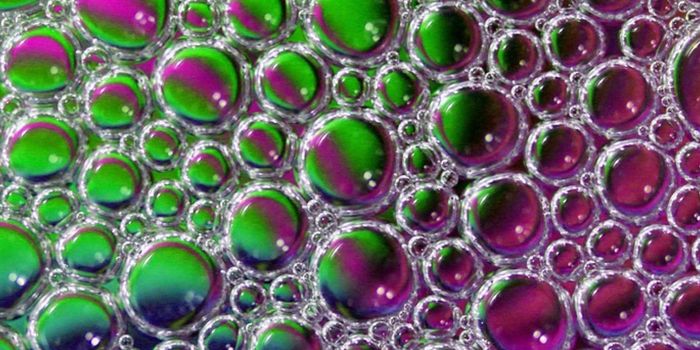Coffee or Tea? Your Preference May Be Genetic
Coffee and tea are two of the most consumed beverages around the world. However, your preference may have more to it than what you’ve been brought up with, or what you’re used to. Instead, it may be rooted in your genes, and how they affect your perception of bitter tastes.
Previously, researchers have assumed that people avoid bitter flavors as they could be a sign of poison. Thus, they thought that those better able to detect bitter flavors may have more of an aversion to bitterness (Hesman Saey: 2018). New research challenges this assumption however. After all, both tea and coffee have a bitter flavor as they both contain bitter-tasting substances, including caffeine, quinine and the manmade propylthiouracil (PROP).
Using Mendelian Randomization (Smith: NCBI), researchers from Australia, the USA and England examined tea and coffee consumption patterns of over 400,000 men and women with European ancestry alongside genetic data on their bitter-taste receptor genes.
They found that people who carried the bitter taste receptor gene for caffeine were more likely to be heavy coffee drinkers, and so consume over 4 cups of coffee per day. In fact, they found that each extra copy of this gene led to a 20% higher chance of drinking more coffee (Ong: 2018). Aside from a bitter taste, caffeine also contributes to the perceived strength and texture of a beverage, which, together with the perception of bitterness, may explain why people with this gene also tended to drink less tea (Hwang: 2018).
By contrast, those who carried bitter taste receptors for quinine or PROP were more likely to drink more tea and less coffee. Each extra copy of the quinine or PROP receptor gene in fact led to a 9% and 4% higher chance of drinking more than 5 cups of tea per day. The researchers said that people with higher sensitivity towards these chemicals were more likely sensitive to bitterness, and so may find coffee unpleasantly bitter.
Although these genetic factors are indicators as to how you perceive and appreciate tastes, they are not solely responsible for your preferences. Your taste changes over time - children for example, tend not to like coffee, even though they may have caffeine detector genes that mean later on in life they will appreciate it.
Also to consider are findings from a study conducted in 2005 that linked how quickly you are able to metabolize caffeine to your preference for tea or coffee. The study found that 42% of your preference can be attributed to this as, the faster your body is able to break down caffeine, the more likely you are to drink another cup of coffee to keep energy levels up (NCBI: 2005).
To conclude, your preference for coffee or tea is likely linked to your genetics, as they influence how you are able to perceive bitterness and detect other chemicals. Yet, they are not conclusive in predicting your preferences. Other factors such as your age and how quickly you can metabolize caffeine may also contribute to how much, and how, you enjoy consuming tea and coffee.
Sources:
Hesman Saey, Tina: Science News
Smith, George Davey and Ebrahim, Shah: NCBI










